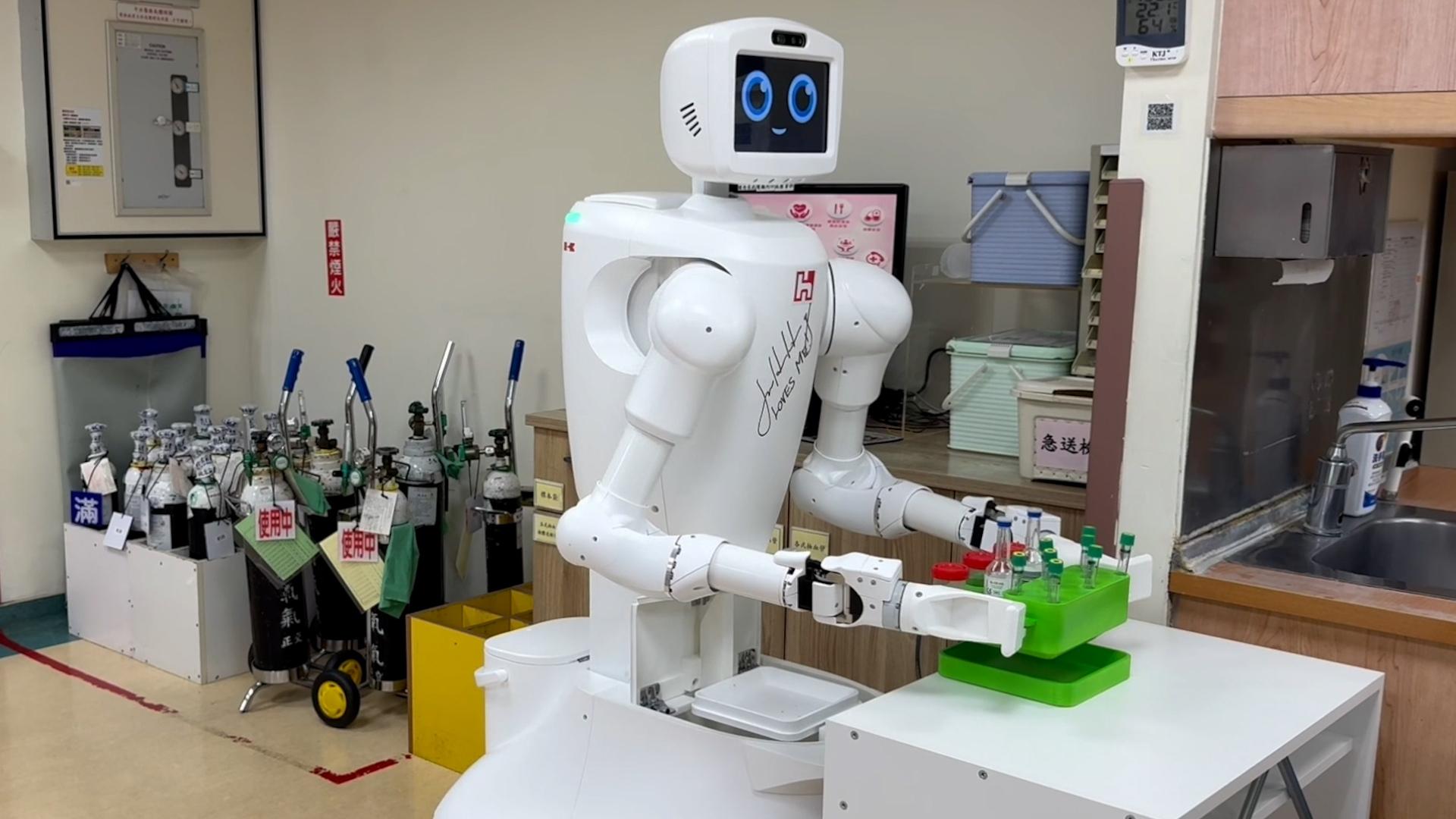
California, United States (Enmaeya News) — The rapid rise of surgical robotics is reshaping health care, offering more precise operations, shorter recovery times and broader access to minimally invasive procedures.
Hospitals are increasingly adopting robotic systems across specialties such as cardiac, spinal and endoluminal surgery, while investor interest grows in companies leading the development of robotic-assisted platforms.
Market analysts project the global surgical robotics industry will climb from $4.31 billion in 2024 to $7.42 billion by 2030. The growth is fueled by advances in artificial intelligence, precision engineering and demand for robots designed for specific procedures that improve both performance and patient outcomes.
Several companies are driving the trend:
Intuitive Surgical (ISRG), the pioneer in robotic-assisted surgery, continues to dominate the market with its widely used da Vinci system. While the company’s stock slipped 2.2% on Aug. 21, analysts say its steady pace of innovation and strong presence in operating rooms worldwide keep it at the forefront of the field.
Following closely, Medtronic (MDT) is making bold moves to expand its robotics portfolio. Through a mix of acquisitions and in-house research, the company is signaling its intent to carve out a larger share of the growing surgical technology market.
Stryker (SYK) is also advancing in this space, focusing on the integration of robotics into surgical instruments. This strategy has improved accuracy and efficiency, particularly in orthopedic and other complex procedures, strengthening its reputation as a leader in precision-driven care.
Meanwhile, Zimmer Biomet (ZBH) has taken a different route, recently acquiring Monogram Technologies for $177 million. The acquisition is expected to bolster its position in surgical robotics while diversifying its offerings to meet expanding hospital and patient needs.
Analysts say the future of the market will depend on continued innovation, regulatory approval of new devices and the pace at which hospitals and surgeons embrace robotic systems.
Despite challenges, confidence in the sector remains high. Experts say the mix of clinical benefits and technological progress makes surgical robotics a transformative force in health care—and an increasingly attractive investment opportunity.






